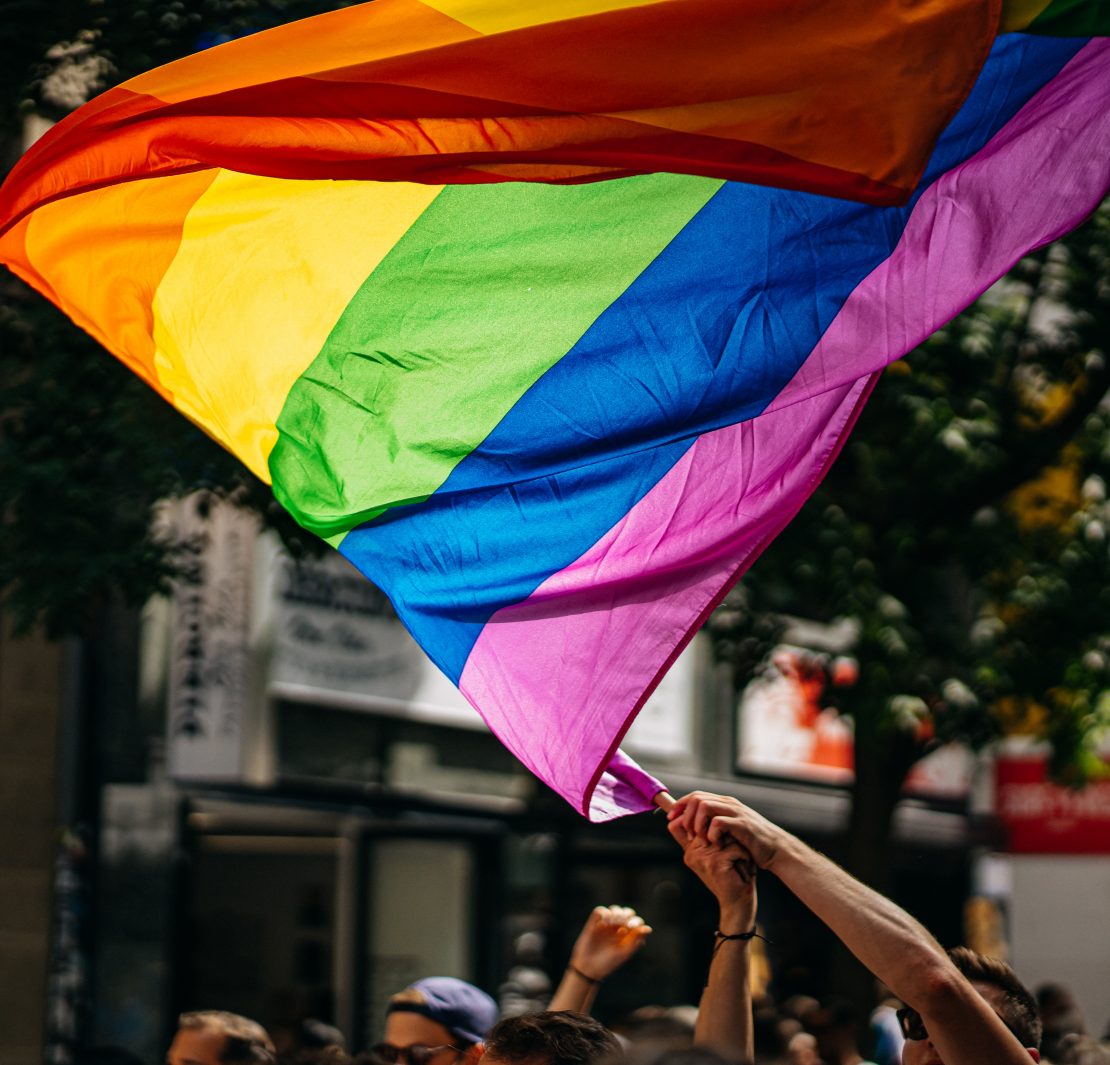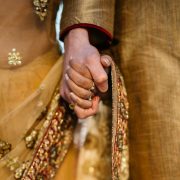On Sunday, the Bar Council of India passed a resolution asking the Supreme Court to leave the issue of same-sex marriage for the Parliament to decide upon. The council reached this decision after deliberations with State Bar Councils in a joint meeting. It comes while the country’s apex court is currently in the midst of hearing pleas for the legalisation of same-sex marriage in India.
“India is one of the most socio-religiously diverse countries of the world consisting of a mosaic of beliefs. Hence, any matter which is likely to tinker with the fundamental social structure, a matter which has far reaching impact on our socio-cultural and religious beliefs should necessarily come through Legislative process only, the meeting unanimously opined. Any decision by the Apex Court in such a sensitive matter may prove very harmful for the future generation of our country.” Bar and Bench quoted the release.
Ishaan, 21, told Springtide, “The Bar Council has made this resolution after consulting the State Bar Councils. But the profession of lawyers in our society is largely reserved for people who are upper caste and fairly wealthy. They’re the cream of society and come from a position of privilege. So they see the world a certain way, and anything that goes against that understanding of the world is taboo.”
“The Bar Council talks about India’s diversity, and in the next statement justifies denying the LGBTQ+ community the rights that heterosexual people have.” Rhea, 23, said. “Diversity and different beliefs only matter to them when it is convenient. The Council wants to respect perspectives from different socio-religious groups. But the LGBTQ+ community is also a social group that should have a say in decisions that concern their future in the country. Legalising same-sex marriage is definitely a huge step, but so was removing Section 377. It had to happen to give a huge section of the population their rights.”
The striking down of Section 377 in 2018 (Navtej Singh Johar v. Union of India), which decriminalised sexual activity between consenting homosexual adults, was a landmark judgement in protecting the privacy and rights of LGBTQ+ people. For many LGBTQ+ people and activists, legalising marriage is the next step toward equality.
The Bar Council’s resolution also talked about the traditional conception of marriage as a union between a man and a woman, and how overhauling that idea would be “catastrophic”. Further, they claimed that over 99.9% of the population is opposed to same-sex marriage.
Shamika, who is 19, doesn’t believe in marriage as an institution. “But one cannot deny the benefits that come with it in society. Gay and lesbian couples also deserve a chance to reap such benefits. Acceptance in the eyes of law is important, being treated as equal citizens is important. It’s dangerous that our Government, like many around the world, do not see us as equals.”
The Government has strongly opposed the appeals, calling them “urban elitist views”. In a Supreme Court filing, they said it goes against the concept of the Indian family unit, which consists of a husband, wife and a child.
“Being in a civil union doesn’t grant you the same kind of protections like insurance, registering as a household for taxes, adoption, and other such things,” Ishaan further added. “You can adopt as a single homosexual man, but the hoops you have to jump through are much harder than what a heterosexual married couple has to go through.”
Senior advocate Maneka Guruswamy made a similar argument in court, citing medical insurance and life insurance as examples of the protections that marriage provides.
Today, we go into the fourth day of the hearing. The country will watch as petitioners put forward their arguments. Legalising marriage would be a major step forward, but one that will undoubtedly face even stronger opposition than it is right now. Although the outcome matters greatly, the hearing itself will be significant in understanding how the citizens, the government and the country’s apex court view its LGBTQ+ population.




